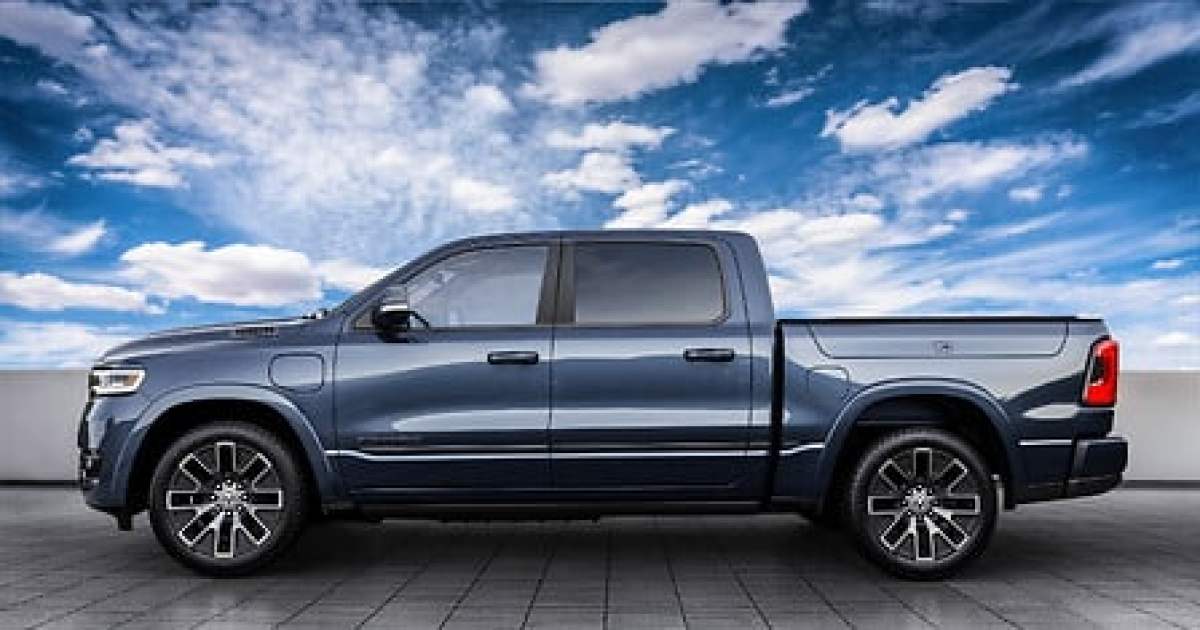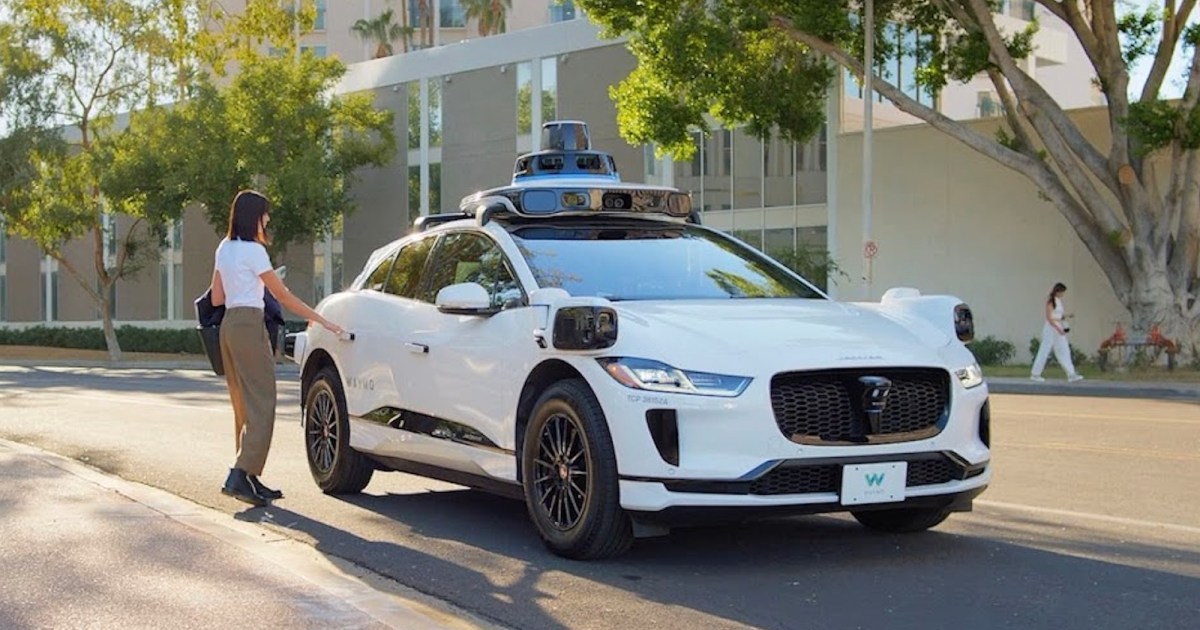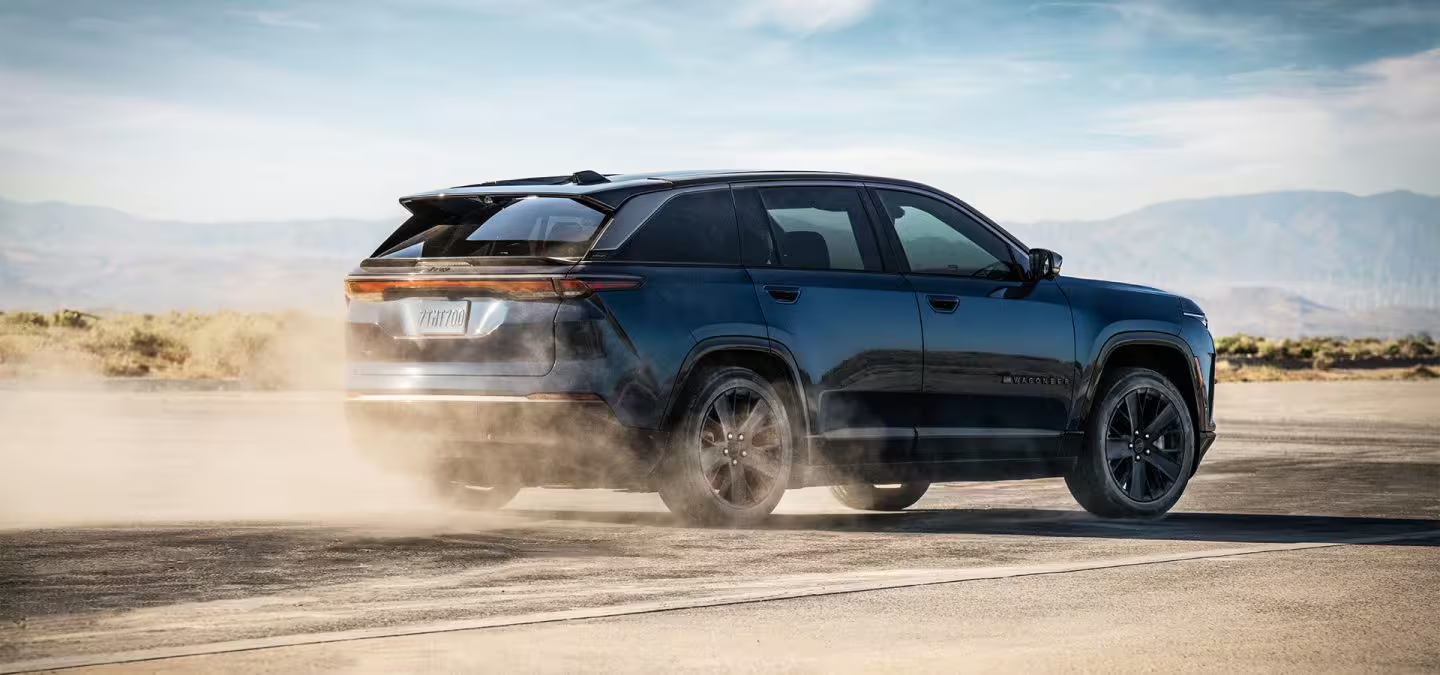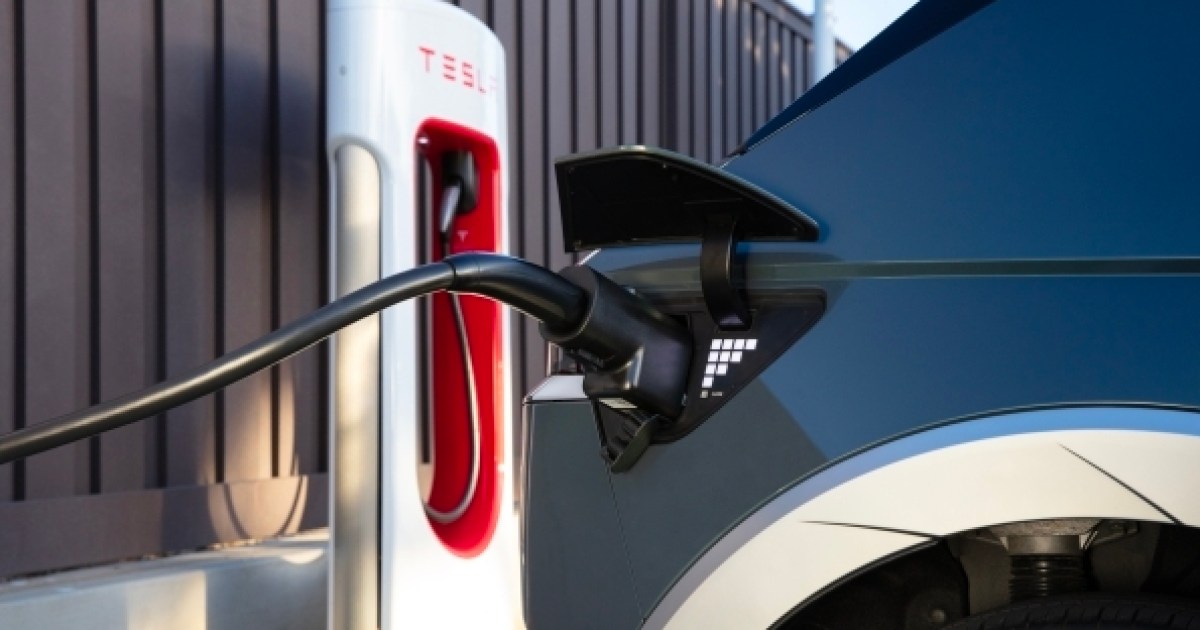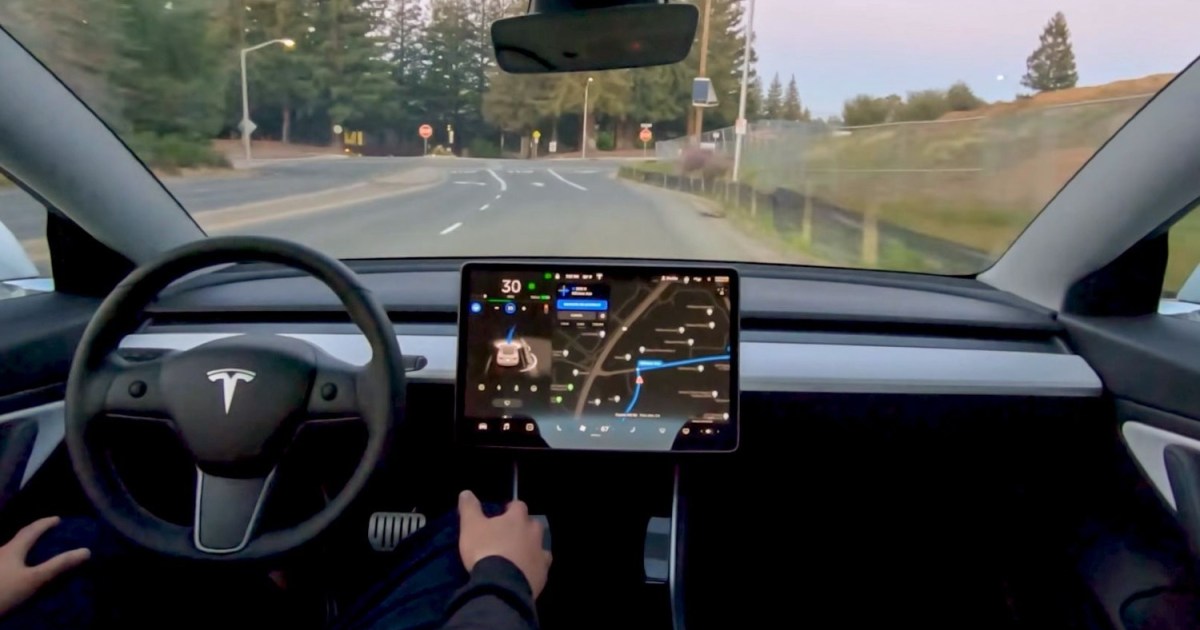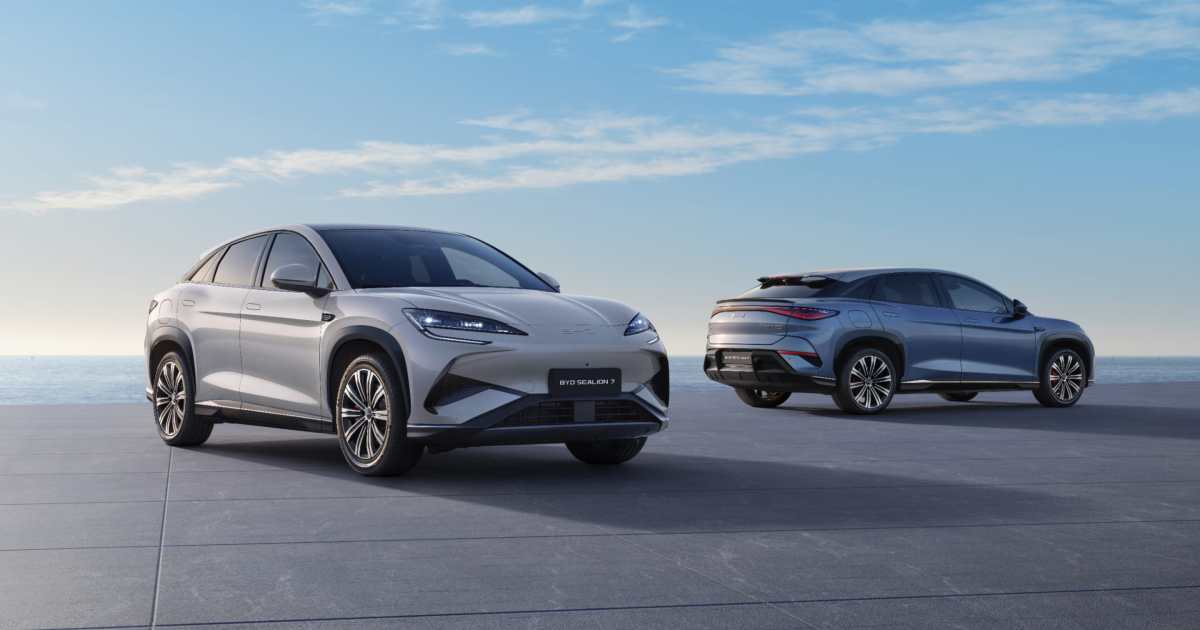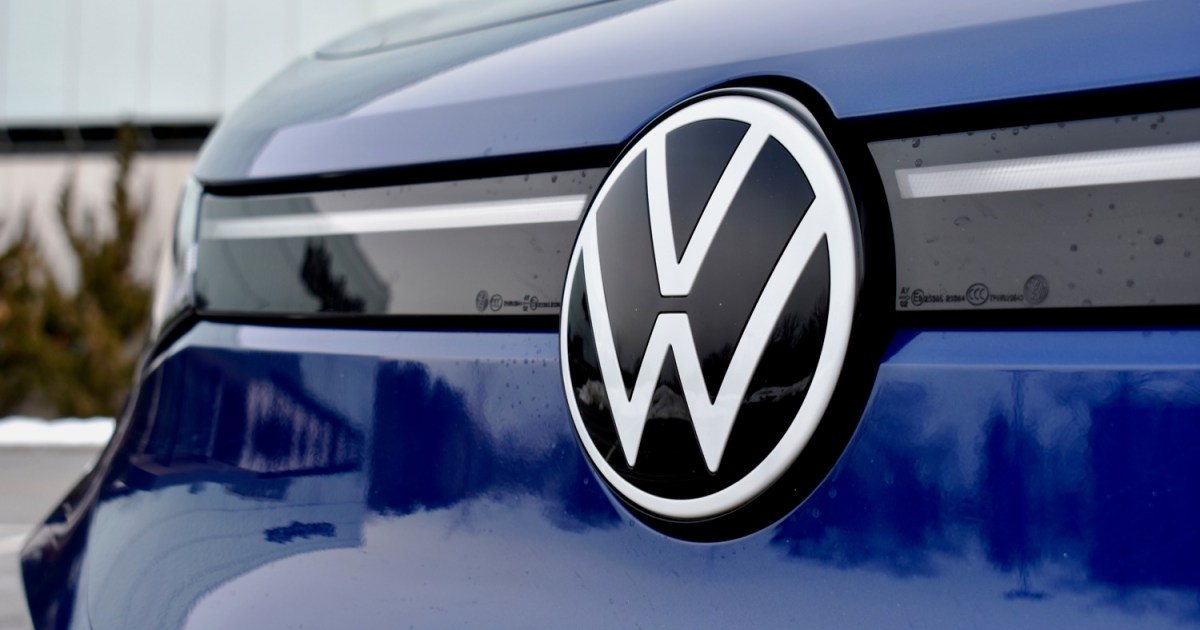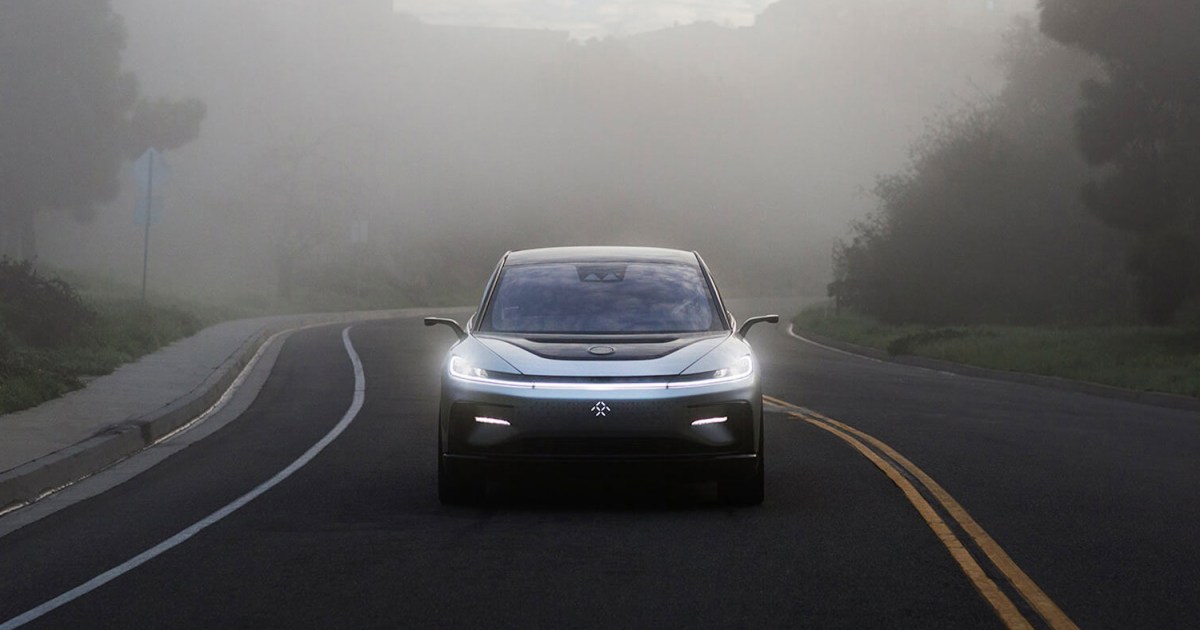The automotive landscape is shifting, with hybrid vehicles gaining momentum as electric vehicle (EV) sales experience a slowdown. Stellantis, a major auto group, has announced a strategic shift in its Ram model launch schedule. The highly anticipated all-electric Ram pickup truck has been pushed back to 2026, while the Ramcharger plug-in hybrid electric vehicle (PHEV) will now take the spotlight in 2025.
Stellantis attributes this decision to significant consumer interest in the Ramcharger, the desire to maintain a competitive edge, and the current market trend indicating slower demand for battery-electric half-ton pickups. Orders for the 2025 Ram 1500 Ramcharger are slated to open in the first half of 2025.
Recent data reveals a surge in overall EV sales driven by hybrid vehicles, achieving a record 10.8% of U.S. light-duty vehicle sales in the third quarter. Consumer Reports also indicates that hybrids are now considered as reliable as gasoline-powered vehicles. Hybrids provide a more budget-friendly alternative to fully electric vehicles while also eliminating range anxiety associated with charging infrastructure.
Consumer concerns regarding EV charging and necessary lifestyle adjustments appear to be contributing factors in Ram’s decision to delay the launch of its all-electric pickup, a potential competitor to the Tesla Cybertruck and Ford F-150 Lightning, until 2026.
The new Ramcharger promises significant innovation within the PHEV segment. Essentially an EV with a 145-mile electric range, its integrated gas generator extends the total range to an impressive 690 miles. It boasts a 92-kilowatt-hour battery pack coupled with a 130 kW onboard generator, powering 250 kW front and 238 kW rear electric drive modules (EDMs).
Furthermore, the Ramcharger incorporates vehicle-to-vehicle (V2V) and vehicle-to-home (V2H) bidirectional charging capabilities, allowing it to charge other Stellantis battery EVs or contribute power back to the electrical grid.
This strategic shift by Stellantis underscores the growing importance of hybrid technology in the evolving automotive market, offering a compelling bridge between traditional combustion engines and fully electric vehicles.
The Ramcharger’s extended range and bidirectional charging features address key consumer concerns, potentially paving the way for wider adoption of PHEV technology.



